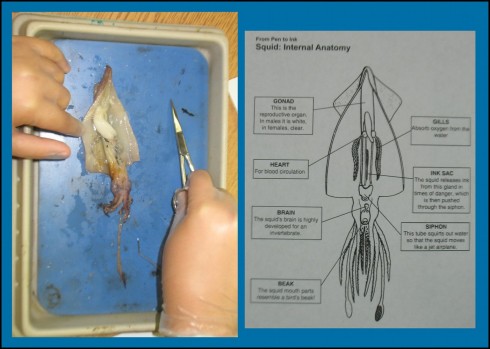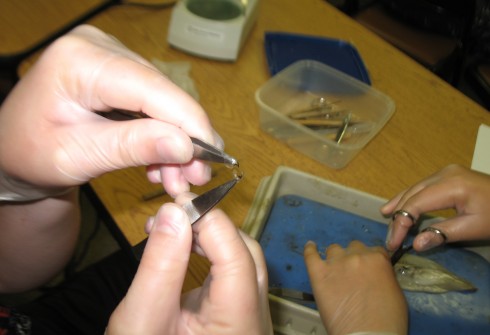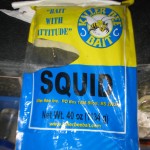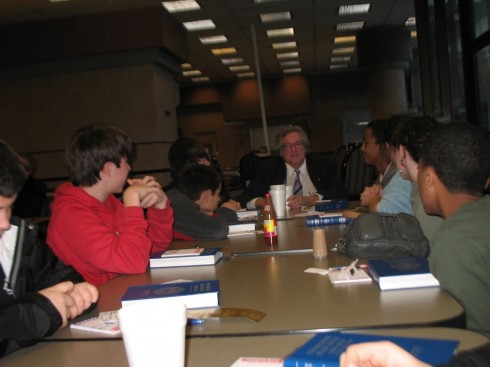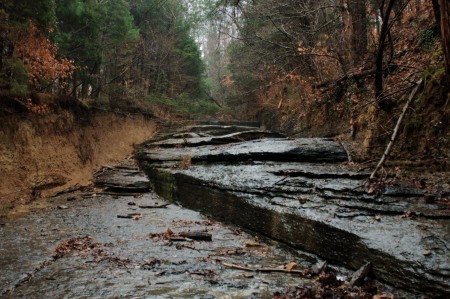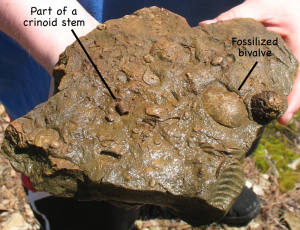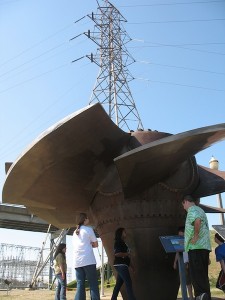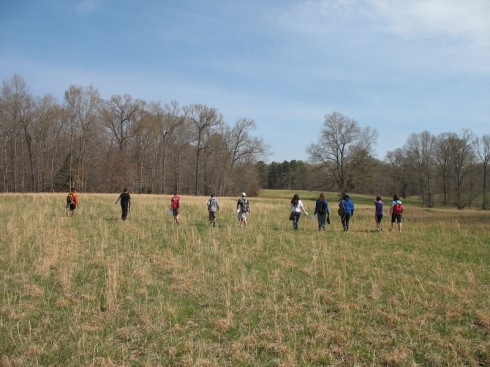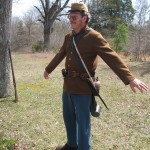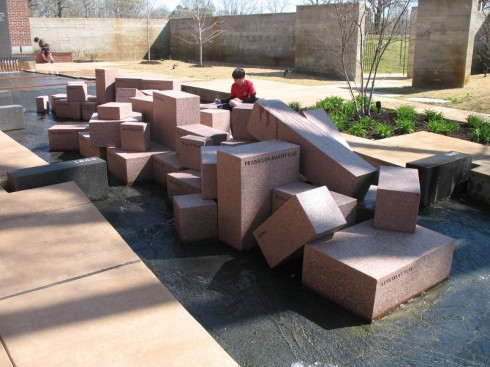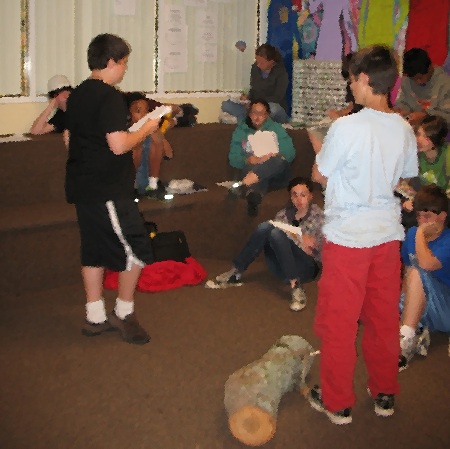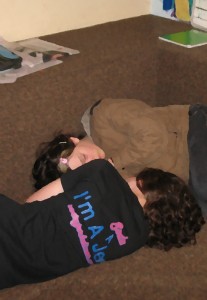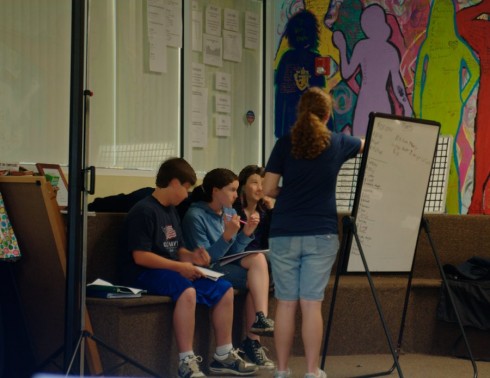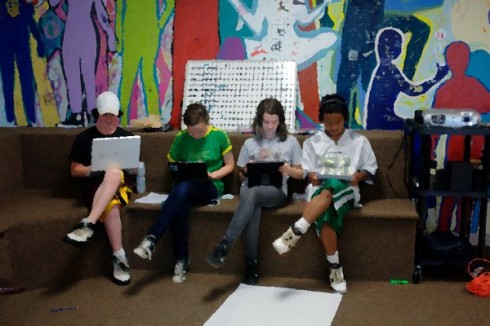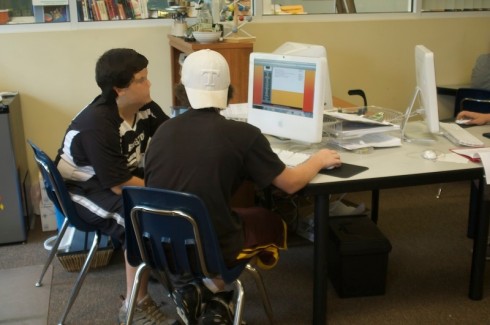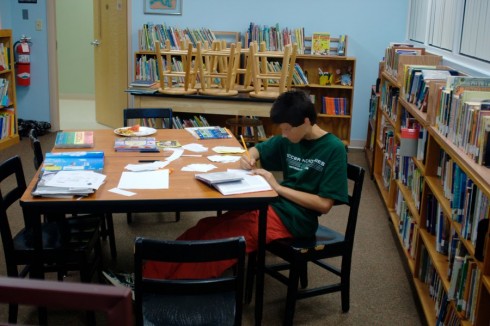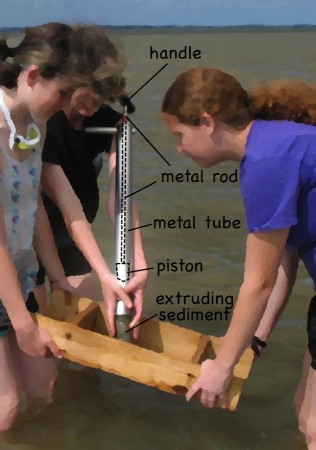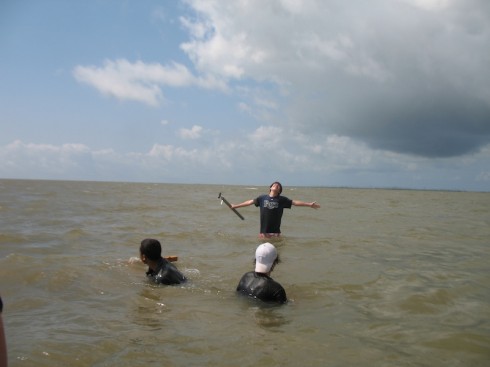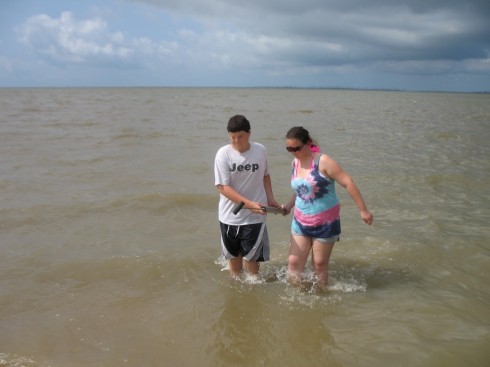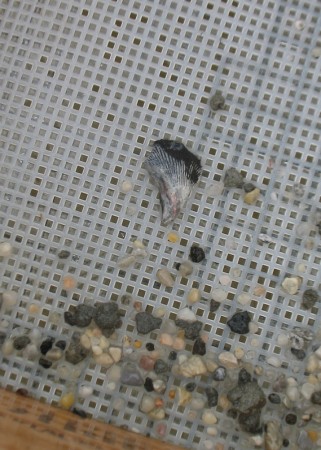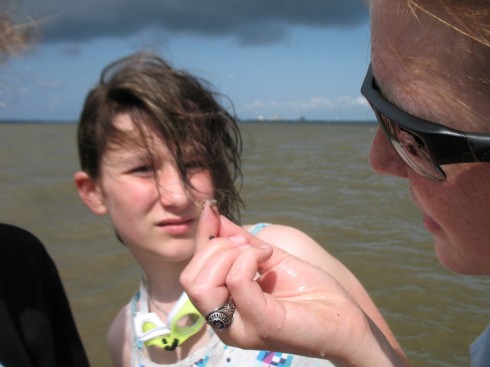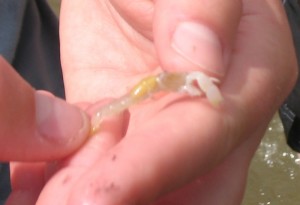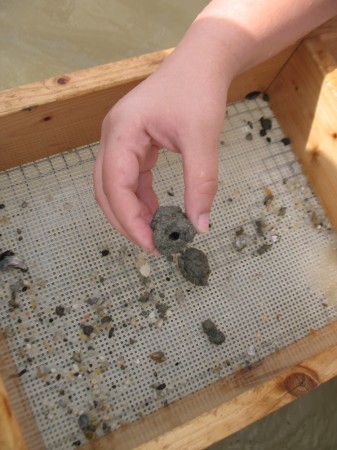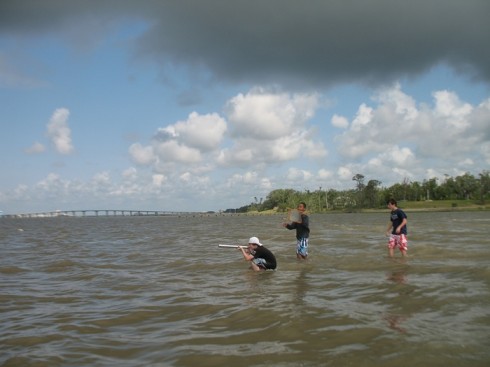With students working on different things at the same time, sometimes collaborating, sometimes working individually, a fluidly function Montessori classroom is somewhat akin to a complex but well-oiled machine: there are lots of individually moving parts that sometimes interact and sometimes not, in an ever-changing configuration. As a result, the job of the middle school teacher is less to convey information than it is to develop a successful classroom culture and ensure its efficient working.
Building the machine starts with the teacher as a role model. The teacher is a role model at all levels, but in middle school this takes on a slightly different color. After all, your adolescents are furiously figuring out how to be adults, so they’re taking a lot of clues for their behavior from the adults in their presence. The key things they’re looking for are, in Montessori’s (1948) words, “a sense of justice and a sense of personal dignity.” The trick is that underneath all the cynicism, they’re all idealists.
Justice is a particularly important and delicate concept because students want justice badly, but they tend to see it as distributive justice, where everyone is equal and get equal rewards and punishments. Unfortunately, this view tends to lead to an over-expansive expectation of rights and often to a sense of entitlement: the belief that if that person is getting something, I should get the same thing too. What’s too often missing, is the recognition that beyond the basic human rights, rights and privileges have to be earned.
This is something I find that I have to explain again and again for everyone to internalize what it means. It does not help that adolescents’ frontal cortex, the part of the brain responsible for critical thinking and impulse control, are not yet fully developed. What makes things even more interesting is the fact that girls tend to cognitively mature a lot faster than boys.
In addition, my own philosophy is that there are two key things I want to impart to my students: a love of learning and the willingness to try new things. This is somewhat contrary to where students are going developmentally. Adolescents tend to chase certainty as they change physically and mentally, all the while trying to establish their personal identities and place in the world; their focus tends to narrow toward what they’re good at and where their interests lie; there is “an unexpected decrease in intellectual capacity” (Montessori, 1948).
To encourage independence and creativity, and to build the sense of personal dignity through accomplishment, I sometimes break the pattern of the Montessori three-part Lesson (introduction, practice, application), and throw them assignments that they should have most of the background tools and knowledge to deal with, but have never encountered in this particular way. The Student Run Business is great for this, as unexpected problems are always cropping up, and, in case of emergency, it’s easy to create extra problems and challenges if you need to. When our bread-baking ovens started acting up, the oven calibration provided a great opportunity. It needed to be done, and students could figure it out on their own. Mostly. Eventually.
Developing a good classroom culture is probably the hardest challenge for those new to Montessori, especially with early adolescents who tend to have their own ideas and know everything already. However, with a few carefully designed lessons and exercises, the machine takes care of most of the teaching and learning of math and science and social studies and whatever else the curriculum requires students learn, peer-teaching and collaborative learning are all part of the classroom culture. The best part though, is that, once well established, the teacher ends up with a lot less work to do, and with a culture that propagates itself from year to year in our multi-aged classrooms.
So while we want to create a well organized, fluidly functioning classroom, it’s sometimes useful to introduce a little extra friction to keep things interesting. Of course, most often you don’t have to do this yourself. A lot of friction will come from the students themselves, and then the trick is anticipating it, allowing students the chance to deal with it, and then finally using it as a lesson so students learn from their experience if it gets beyond them. All the while, you must recognize that your every word and action is being carefully scrutinized with an eye for justice, even though you and they may not have the same definition for the word.
References
Grazzini, C., 1996. The Four Planes of Development, The NAMTA Journal, 21 (2), 208-241.
Montessori, M., 2005. From Childhood to Adolescence, The Montessori Educational Research Center, Trans. New York: Schocken. (Originally published in 1948).

